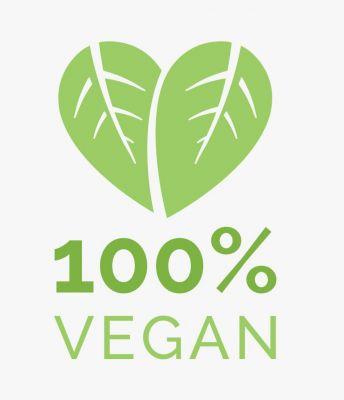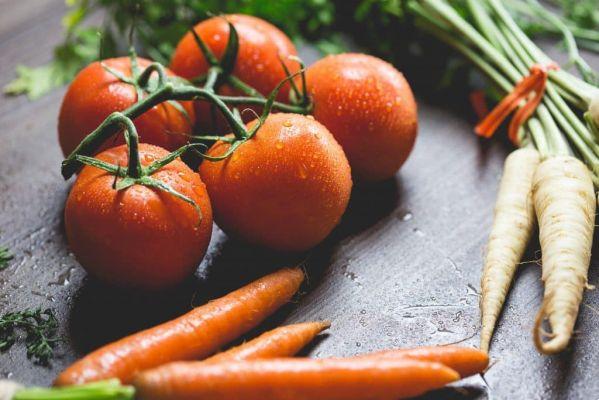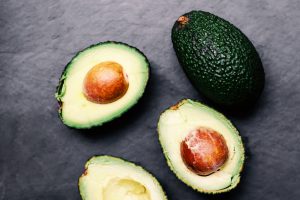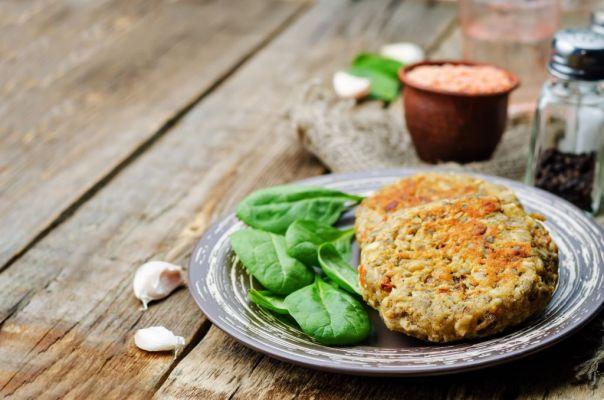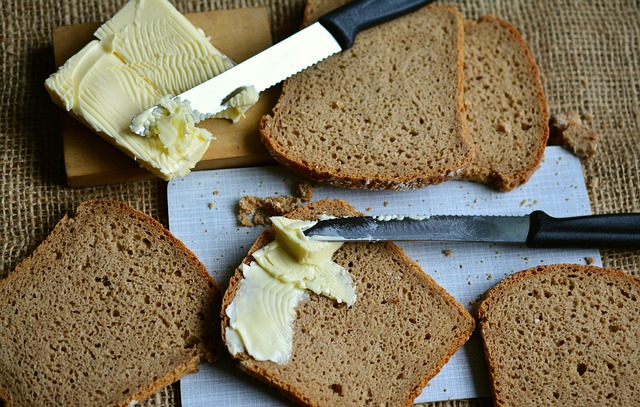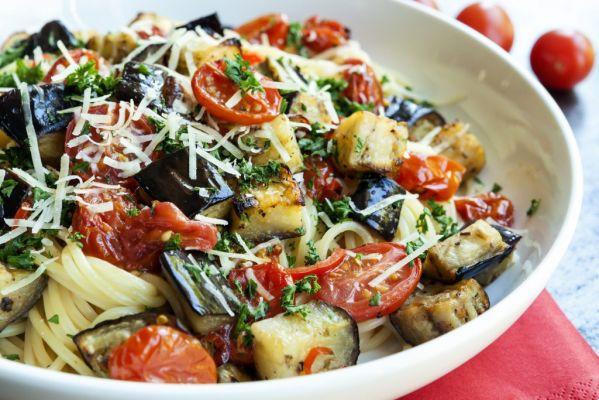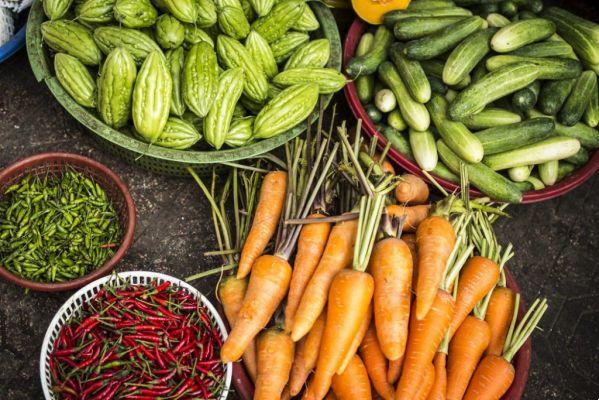Do you consider that you lead a healthy life?!
Everyone wants to be healthy, but the chosen path is not always the most assertive. The strands point out that the key is food (both of the problems encountered as well as the solution to nutritional disorders). So, why is it so difficult to seek a balance between healthy food, body and mind that can contribute to your quality of life?!Could it be the excess of information that is bombarded every day in the media and confuses our population, since most of them leave without the necessary scientific basis that guide the principles of nutrition, healthy eating and health?
The long-awaited formula for rapid weight loss continues rampant and promises of miraculous diets, shakes, teas and even the abusive use of so-called amphetamines are used, in some cases, without any criteria. One hour is sugar; in another, sodium; at times, red meat and sausages become the villains.
When we mention the word diet, thousands of suggestions already appear about fad diets that promise rapid weight loss, those that transit through the different philosophies between naturalists, vegans and the like, as well as the controversy of following or not a “gluten-free diet”, “ lactose-free”, “LowCarb”, “Ketogenic” or, to top it off, the “functional” diet. If there are no capsules in the prescription, individuals consider that the nutritionist's conduct is inadequate, ineffective!
As we have seen, eating behavior is broad and several factors must be considered, such as family environment, cultural habits, socioeconomic factors, the presence of diseases, the influence of advertising and the famous common sense. The selection of food to be consumed is directly related to such factors and, for this reason, the diet needs to be adequate for each stage of life.
Children, adolescents, pregnant women, adults and the elderly have different needs to ensure healthy body development, growth and maintenance, depending on the case. Therefore, it is not advisable to have a child ingesting adult portions, nor a pregnant woman on a restrictive diet so as not to lose her shape, since such situations are incompatible with a healthy life.
Nutrition seeks the balance between food, body and mind health so that, in this way, it can contribute to people's health, quality of life and longevity. But for this to become a reality, we need to promote appropriate nutritional adaptations for different food cultures, changes in lifestyle and eating behavior, moving away from the old recipe of offering only a standard diet.
Seeing and listening to the client-patient to know their eating experiences and their real needs are essential attitudes in this process of dietary counseling, in the development of empathy and harmony that are so important in this relationship.
The change in eating behavior must be based on clarity of information, as well as participation in the construction of the entire process and how the change will take place in terms of goals and results during treatment.
We need to seek this balance in a varied diet in which everything can be part of in moderation. Therefore, there is no “good” or “bad” food, a balanced diet, rich in fruits, vegetables and whole grains, minimally processed foods and/or food products with higher added value focused on healthiness, a healthy lifestyle, in food safety and sustainability can go hand in hand, because they will offer the essential nutrients for the proper functioning of the organism.
In this way, nourishing the body goes beyond supplying food to the body, it is promoting sufficient learning that leads to better choices, praising the presence of healthy foods and awakening to a more conscious diet. The harmful effects of excess sodium, sugars and fats in food are already widely known. In fact, the sodium component present in food is involved in about 80% of cardiovascular diseases in our country, and sugar and fat contribute to the growth of obesity and diabetes.
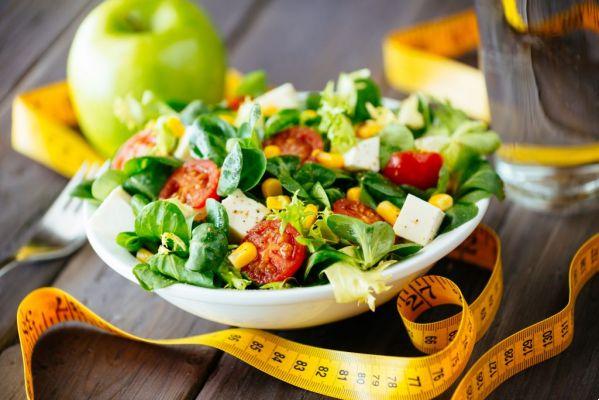
In this context, the “Food guide for the Spanish population” was restructured within the food and nutrition policies in 2014, and today it is an international reference in the promotion of good eating habits, containing information that guides our population and guides the 10 steps to a healthier diet, in addition to the 3 golden rules that aim to guarantee food safety. It can be consulted by anyone in the Ministry of Health bodies.
Therefore, it is not enough just to guide, it is necessary to teach in practice “how to do it”. Families need to recover the pleasure of cooking, prepare a meal with a focus on the principles of healthy gastronomy, that awaken sensoriality and pleasure, that sharpen the five senses, in addition to sharing culinary skills and sitting at the table to make the most of meals. family as they can, considering that modern life has its natural deprivations.
The change in eating behavior is the way to rescue the true meaning of food, but it depends on how much the individual is willing to change. Therefore, there is no “miracle”, but the need to adhere to what we consider healthy eating and habits. It should be simple, pleasant, balanced in nutrients, varied and colorful, containing mostly in natura and minimally processed foods, divided into small daily portions and accompanied by a good intake of water, without forgetting that it should be carried out in an appropriate environment. also.
It is worth mentioning that to be healthy, the regular practice of physical activity has to be present. and, preferably, guided by professionals in the area, because in addition to releasing substances that contribute to well-being, it can also help to prevent and improve various types of diseases such as diabetes, hypertension, obesity, cardiorespiratory capacity, immunity and motor coordination. But there really is a need to be done for pleasure, so that this whole process becomes sustainable and contributes to people's quality of life, happiness and longevity.
We still need to advance in many food issues, but we cannot lose our peace of mind in this conduct and promote what is the nutritionist's attribution: “The promotion of health through food”. Food has a very special symbolism and represents many emotional and social aspects that must be respected. Thus, variety and consumption of small portions is healthier and keeps our perceptive capacity for flavor and pleasure active in the central nervous system, which releases the feeling of well-being and happiness every time we ingest a food.
The act of eating has to be a pleasure, as well as bringing happiness and not generating a feeling of guilt that is related to the development of several important eating disorders today. Awaken to a more conscious diet by better understanding the benefits that a balanced diet brings to your health. Incorporate this habit and make healthier choices, it will be part of your quality of life, think about it... and train to be healthy!
Simple, easy-to-prepare family recipe
|
Chickpea salad with tuna Chickpea salad is rich in vegetable proteins and fiber, and can be used as a starter for the main course. Ingredients:
Preparation: in a salad bowl, mix the onion, pepper, tomato, chickpeas and tuna, stir well. Season with vinegar, herbs and adjust the salt in a small amount. Take it to the fridge and serve as a starter and / or accompanied by green leaves. |



